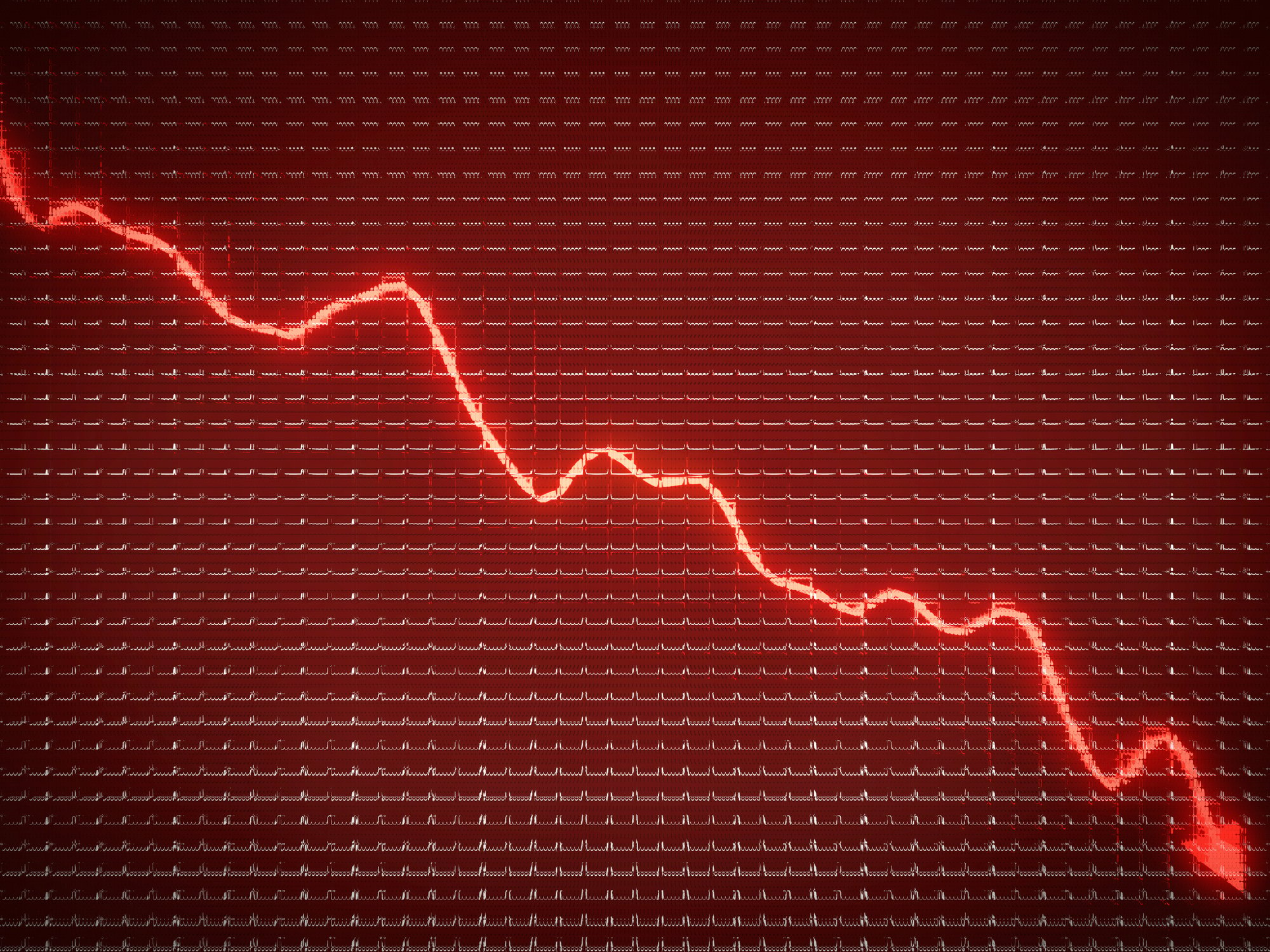Petrobras (PBR 0.26%) is in a bit of a precarious position. On the one hand, it is a publicly traded energy company that wants to return value to shareholders. On the other hand, the largest shareholder is the Brazilian government, which can make demands that may not be in the best business interests of the company. That just happened when the government decided to not tie changes to gasoline prices to inflation. For Petrobras, there is no real way around this decision. The only way that it can mitigate this challenge is to produce more oil.
The balancing act
Since Petrobras acts both as a private company and the Brazilian national oil entity, it doesn't have the luxury of setting gasoline prices. Instead, they are dictated by the government, which has has kept gasoline prices artificially low to keep down inflation and promote economic growth. To compound this problem, the country is not currently able to produce enough domestic oil, so Petrobras needs to buy foreign oil to meet that remaining demand. Add these two factors together, and Petrobras is perpetually selling petroleum products at a loss.

Source: Petorbras Investor Presentation.
The company has asked that this policy be modified so that gasoline prices increase at the level of inflation, but Brazilian President Dilma Rousseff decided that gas and diesel prices will continue to be set through negotiations between Petrobras and the state. Unlike other Big Oil companies that can shift focus elsewhere or even pull out of a region that isn't profitable, Petorbras has to be in Brazil. Since there is no getting around this, Petrobras simply has to take these losses on the chin.
Not exactly encouraging news for shareholders.
The way forward

If you are a Petrobras investor , you are going to have to face the fact that this situation will more than likely continue for quite some time. Luckily, the downstream side of the business is not large enough to bring down the entire company. However, it does put that much more importance on the production side of the business. To mitigate the downstream problems and to grow, the company needs to do these two things:
1) Bring more domestic refining capacity online. Even if the country were self-sufficient on oil, it lacks the refining capacity to meet gas and diesel demand. So not only does Petrobras have to pay for imports, it has to pay the premium of having that product refined rather than just importing the crude itself. Activating its own refiners would allow Petrobras to reduce some of those losses. More importantly, though, it could go even further than that. Over the next five years, the company expects to build four new refineries that will have a combined capacity of 1 million barrels per day. This would easily cover the approximately 200,000 barrels per day it is importing today, and could set the company up to export large quantities of petroleum products around the world.
2) Increase domestic production: There are still massive amounts of potential for Petrobras in Brazil's offshore fields. The recent bid with Total (TOT +0.00%) and Royal Dutch Shell (NYSE: RDS-A) for the Libra field was exactly what the company needed. Not only did it pay the minimum bid price for the assets, it was able to bring on two companies that have a strong history drilling in West Africa, which has a similar geology to the Brazilian pre salt fields. Also, recent estimates place Brazil's offshore Franco field at 8 to 12 billion barrels, about the same size as the Libra field. These oil assets are a huge plus for Petrobras in the long run, provided it can bring these fields to production without blowing up the bank. By 2020, Petrobras expects to double its oil production to about 4.2 million barrels per day. Even half of that amount would be more than enough to supply the country and reduce its need to import, but also be a major exporter. Replacing all oil imports with domestic supply would also drive down costs for gasoline and mitigate the losses it takes on its gasoline sales. You could also then add in revenue from exports.
What a Fool believes
President Rousseff's decision to maintain price control on gasoline will certainly continue to be a drag on Petrobras' income statement, but it is a part of the business that Petrobras cannot control. However, if it can execute the development portfolio it has laid out the company will be in a position to mitigate that risk for investors. If investing in Petrobras, it is important to watch how efficiently it spends development capital on mega projects such as these refineries and bringing these massive projects to production. The more efficiecntly it can do that, the better its chances at producing a strong return for investors.






